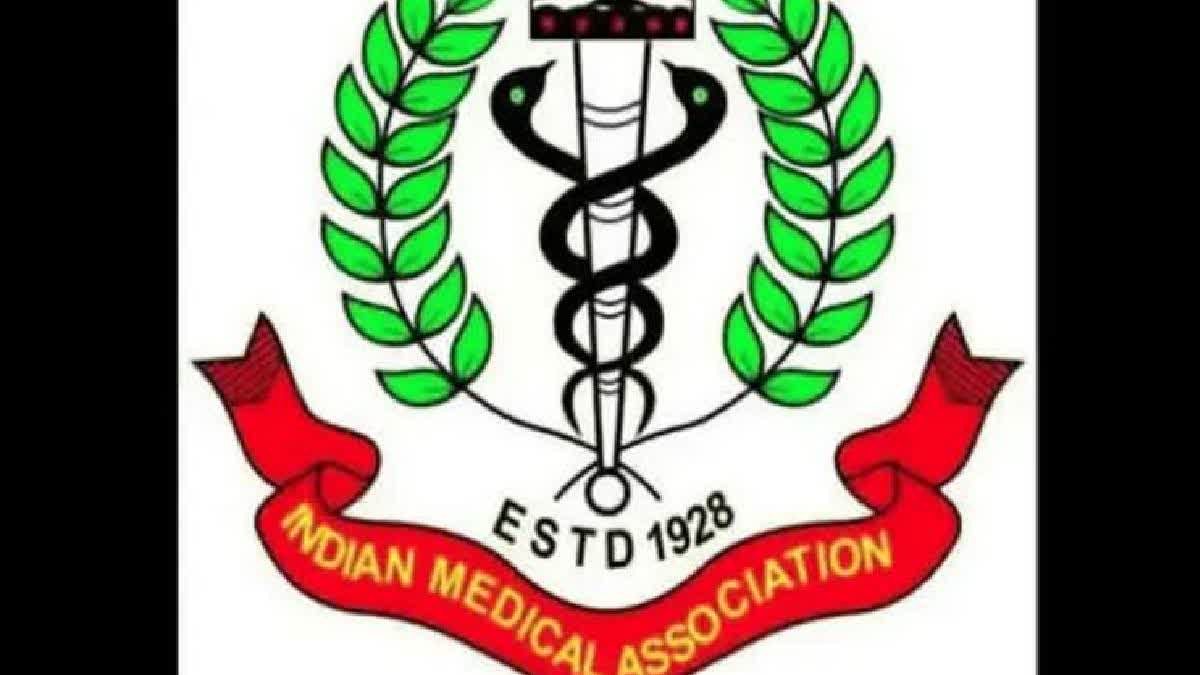New Delhi: As Antimicrobial Resistance (AMR) continues to pose grave threat to public health, the Indian Medical Association (IMA) has come up with an initiative to fight the menace through its 'IMA AMR Smart Hospital' project.
“A first of its kind globally, the project was designed to address the escalating public health threat of Antimicrobial Resistance through targeted interventions in healthcare facilities across India,” Dr RV Asokan, national president of IMA said.
The AMR is the resistance of bacteria, fungi, and parasites to the already susceptible antimicrobials. The rising AMR poses a significant threat to global public health and has environmental, political and economic implications.
The last antibiotic molecule on the market was discovered in 1987. “The development of resistance to antimicrobials of the common infectious pathogen has left us with fewer treatment options and will take us to an era where common infections will also be fatal,” Dr Asokan said.
As per data, AMR is also one of the leading causes of death globally, with 4.9 million deaths attributable to AMR in the year 2019. There were 2,97,000 deaths attributable to AMR of which, 1,042,500 were in India.
The prescription rate of antibiotics in India is 412 for every 1000 population, which is significantly high.
“The development of resistance to antimicrobials of the common infectious pathogen has left us with fewer treatment options. The increased rate of origin of resistance will undo a century of medical advances and will take an era where common infections also will be fatal. Antibiotic resistant infections are one of the biggest challenges for hospitals to deliver safe and effective healthcare,” he said.
The 'IMA AMR Smart Hospital' project will guide patient care and also detect outbreaks. “The AMR surveillance data can help improve the appropriate application of antimicrobial agents. It will also provide data that helps understand the complex epidemiology of AMR. Hospitals are reservoirs of pathogens that can be easily spread by patients, visitors and staff,” Dr Asokan said.
